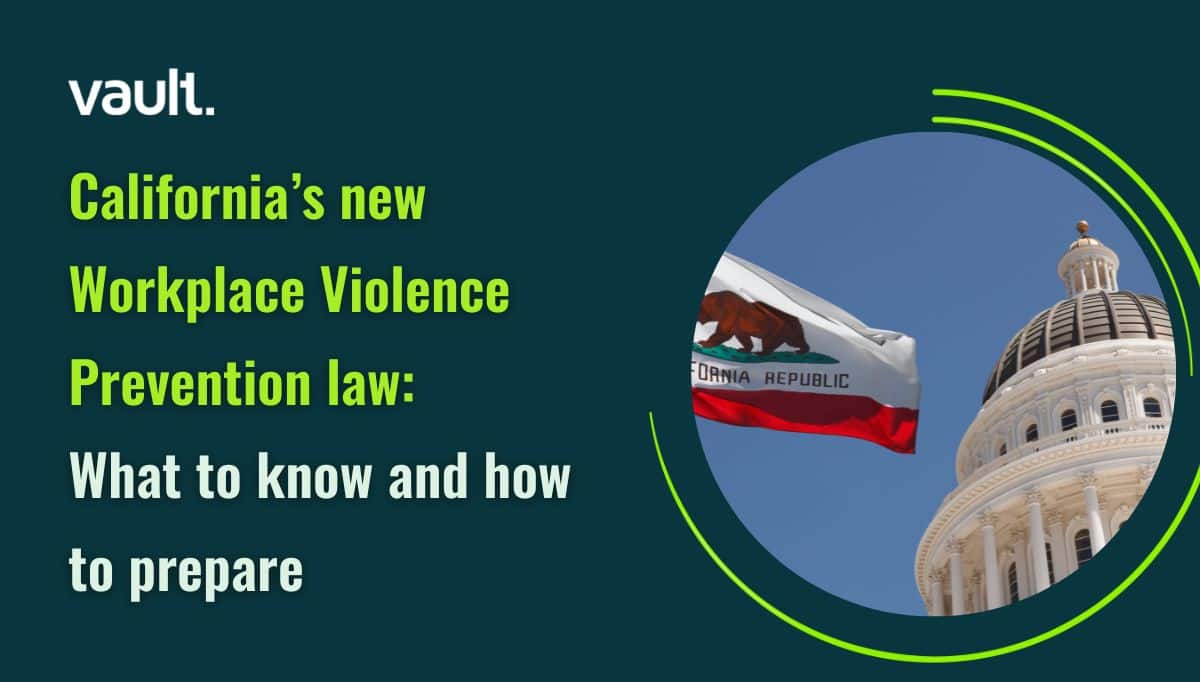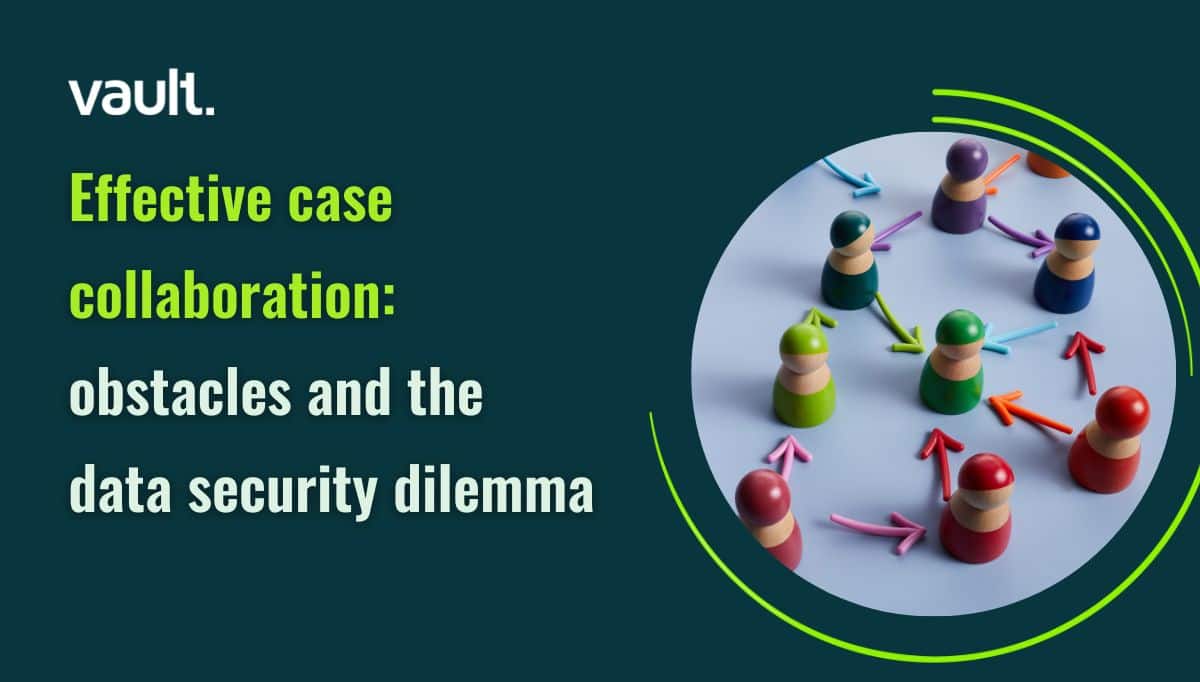Vault Platform was born out of the recognition that trust is built through transparency and the need to establish a solution that doesn’t rely solely on anonymous reporting in the workplace. There was and is a clear need to disrupt incumbent solutions that dehumanize the reporting process on often highly sensitive issues. We recognize that technology is a powerful tool in bridging the trust gap that permeates the workplace and erodes the unity necessary for healthy organizational culture to thrive. We believe that technology, when used correctly, can bring much-needed psychological safety through new reporting mechanisms – for instance, the conception of our GoTogether feature is a response to the safety in numbers needed when it comes to reporting highly delicate concerns.
Having said that, anonymous reporting still has its place. Providing employees with an anonymous channel through which to raise concerns is certainly an important component of building a culture that empowers the individual and makes them feel that their voice matters. Our two-way anonymous chat functionality addresses this need, enabling direct communication between employee and employer.
The sensitivity of certain issues makes reporting within the workplace challenges, and an anonymous option brings the safety needed in these circumstances. And that was before COVID-19. The pandemic presents its own set of challenges (on an individual level and to the workplace as a collective). It is a time of great uncertainty that will likely surface a number of concerns and questions employees may feel even less comfortable voicing in the backdrop of fear – most notably, employment insecurity underpinned by mass layoffs and record global unemployment rates. During this crisis, anonymous reporting has a critical role to play and the case for having this channel is even stronger.
Workplace trust has always suffered from employees’ reticence to rock the boat, creating a chasm and a weakening of organizational trust. We are now witnessing a heightened sense of fear around the act of reporting, as employees will undoubtedly favour hanging onto a sense of comfort over the perceived risk of reporting – and yet, employers are more liable and exposed than ever.
In addition, the Coronavirus has led to a rise in racial discrimination and sexual harassment (directly related to the virus). Law firm Lewis Silkin has advised that if a person is a national from a badly affected area (or assumed to be from such an area) and are harassed by another employee, their employer may be liable. Lewis Silkin advises that employers should be taking “reasonable steps” in the form of tools and resources to avoid liability. Recent reforms by the Law Commission also make it easier for employees to legally challenge their employer (whilst still employed by them) on issues ranging from “racial or sexual discrimination to pay inequality and bullying”.
“The reforms that we have recommended will bring real benefits for the courts and tribunals system and its users. The adjustments will improve employment tribunals’ ability to resolve employment disputes as effectively and justly as possible in one place.” – Law Commissioner Nicholas Paines QC
An additional challenge raised by the Commission in a recent report – that an employee seeking legal proceedings will already have soured the relationship with their employer – once again strengthens the case for a two-way anonymous communication channel. In fact, the Commission argues that facilitating this dialogue between employer and employee may even help repair the relationship in the process.
Whilst technology can not in itself build a healthy culture, we believe that trust is built through dismantling fear barriers and empowering employees to Speak Up internally, as well as facilitating the resolution of their concerns. We also recognise the behavioural barriers to incumbent reporting processes – anonymous hotlines are an intimidating way for employees to raise issues that they are sometimes unable to voice – which is why we are putting reporting mechanisms in employees’ pockets, humanizing and digitizing the process through our enterprise-grade app.
During the crisis especially, having the option of an anonymous line of communication between employees and their workplace is critical. Beyond the crisis, this is a clear opportunity for organizations to re-assess how they handle sensitive issues and indeed build a healthy and inclusive workplace.
[simple-author-box]



